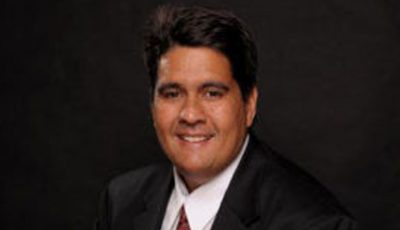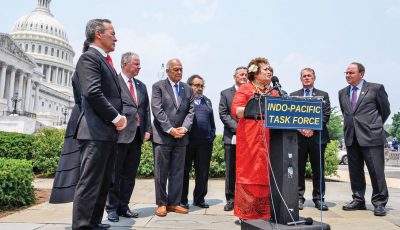The rule of law
Laws are not always moral. Slavery was a U.S. law. Laws are sometimes unjust and unfair. The U.S. Chinese Exclusion Act of 1882 banned Chinese immigration 20 years after their labor hugely contributed to the completion of the railroad connecting the Atlantic to the Pacific. The divine right of kings and the mandate of heaven are not verifiable so providential decrees are clearly in decline; philosophers’ natural law has been negated by the randomness of the natural order in science; chaos prevails over order.
Neocons used the rule of law to put down civil disobedience in my youth. Laws that hindered the civilizing process were disobeyed. “Separate but equal” provisos that kept racial divisions in the U.S. separate and unequal were violated. It was willful to disobey but one took the consequences with open eyes, nary a whine over other’s unfairness!
Let’s get a historical feel of the “rule of law.” Hammurabi’s Code of Babylon in 1760 BC presented a basis for judging how a ruler acted. Jews took the Mosaic Torah and did what was thought to be The Way Life Is (YHWH); Christianity trailed Jesus’ sayings in the Sermon on the Mount until the movement deteriorated into a set of beliefs; and Islam regards the supremacy of Sharia law. Confucius held royal authority to account before people’s wishes, and the Magna Carta was seminal in establishing the independent role of judicial review in Anglo-America.
Socialist “rule of law” with Chinese characteristics is now the yardstick on China’s actuations, an earnest exhortation of Beijing to the 80-million-some Communist Party members in China. It is severely tested in SAR’s dealings with the Occupy Central civil disobedience in Hong Kong.
When China went into “going by the books” to ensure the rule of law, I was an early casualty. My university followed the letter of the law and “no foreign teacher over 65 years of age” (60 for local teachers) was granted a working visa. The Foreign Office refused SAU’s druthers.
Xi Jin Ping roots out corruption among the powerful that gained from the “reform and opening up” of Deng Xiaoping. He goes by the book, lucid that the Confucian basis of governance is fair and just, even with the coercive governmental pressure to the wards and minions of those in the CPC occupying choice positions.
The four-day CPC’s central committee meeting on Oct. 20-23 made the “rule of law” central to its deliberations, particularly the transparency of a judiciary perceived by the local population as untrustworthy, subject to coercive power, or easy to corrupt by unscrupulous occupants. A communique was issued. CPC wants to upgrade the system in the next five years. The rule of law is meant to roll.
Australia, America, and Canada previously harbored illicit wealth gained in China. A UN treaty on anti-corruption in 2006 (political asylum not included) gives recourse to legally extradite those accused of crimes. The legal reach even on retired former highly placed figures that amassed questionable wealth or abused power during their watch (so far, 53 senior officers among more than 700 CPC members have been sacked) restores integrity to a system that aims to strengthen its checks-and-balances.
U.S. conservatives accuse Obama of flaunting the rule of law when the White House sees it as the only means to move decisively to implement a law after determining that clear legislative support is absent. In a country long known for the rule of law, this is ironic. Rule of law simply means that no one—king or caliph, minister or judge, queen or president—is above the law. Detractors regard Obama procedural manners as ruling like a king!
There is not much debate about the rule of law, with LAW as the main focus, since even the dictatorship of DPRK’s Kim Yong-Un goes by rules, and Shinzo Abe aims to change those of Japan so he can proceed as he and his party desires; it is on the “rule” of law, the application of rules by humans that entails various methods.
The rule of law redounds to the flipside of the same coin, the rule by law. It takes humans to promulgate, legislate, interpret and implement the law, even adjudicate differences, and supervise implementers when needed. The dichotomy between rule of law and rule by law as contradictory is false; it considers “law” objectifiable without the human factor. Justices and judges of various courts deliberate precisely because law does not lend itself automatically to only one interpretation. Human judgment is necessary.
The rule of law in China is set against what it calls its Dream. First, it involves all the people, the democratic impulse. Second, it negates existing dichotomies like urban v. countryside; affirms equality against a backdrop of two-millennium of dynastic elitism. Third, it achieves an acknowledged win-win situation, shuns competition in favor of cooperation.
It is the content of the law that humans have to decide and follow, where the rule of law and rule by law finally counts.



























